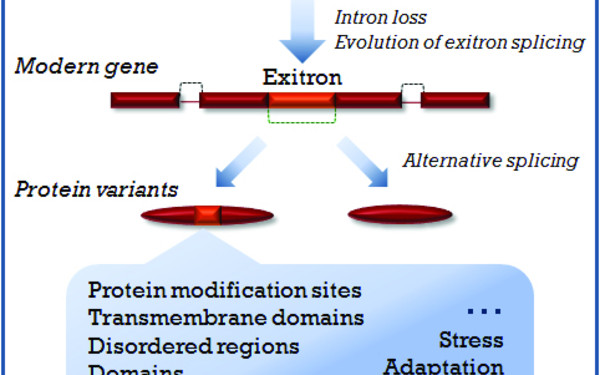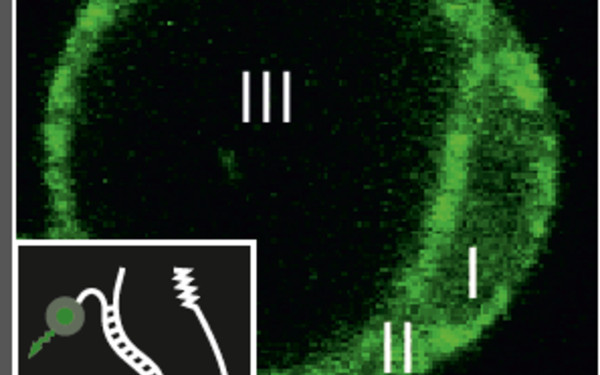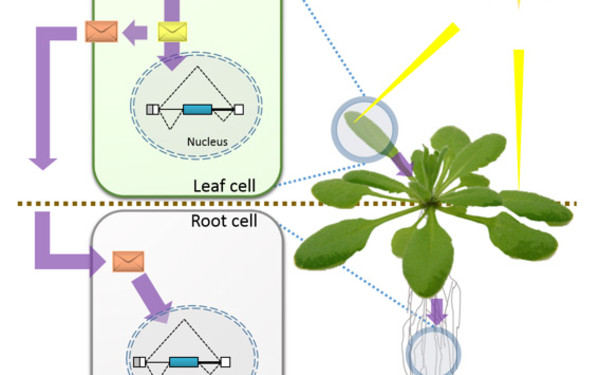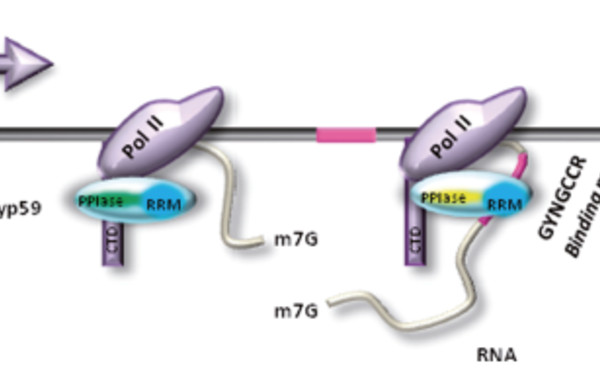Spotlights
Unmasking Exitrons
Exitrons are exon-like introns located within protein-coding exons. Removal or retention of exitrons through alternative splicing increases proteome complexity and thus adds to phenotypic diversity. Exitron abundance and characteristics are conserved between Arabidopsis and humans. Exitron splicing occurs in many important human protein-coding genes including those involved in cancer.
Intron retention mRNAs stay put
Alternative splicing may cause retention of complete introns (IR). IR often results in transcripts with signatures for Non-sense Mediated Decay (NMD), however our analyses have shown that they are not degraded by NMD. By using molecular beacons with confocal laser scanning microscopy we show that these IR transcripts stay in the nucleus therefore avoiding NMD in the cytoplasm.
Let there be light
In plants light influences many adaptation processes. Our work shows that light/dark conditions affect alternative splicing of several genes. This requires functional chloroplasts and is also observed in roots when signaling through the photosynthetic tissue is not interrupted. We show that the reduced pool of plastoquinones initiates retrograde signaling regulating nuclear alternative splicing.
Connect and Change
In rare cases cyclophilins (peptidyl-prolyl cis/trans isomerases; PPIase) possess an RNA binding domain. Previously, we have identified Cyp59 as a regulator of transcription, changing phosphorylation of Pol II. Here we identify the RNA binding motif of Cyp59 which is highly conserved and present in 70 % of mRNAs. Binding of the RNA motif inhibits PPIase activity in vitro, suggesting an important function in transcription regulation.



